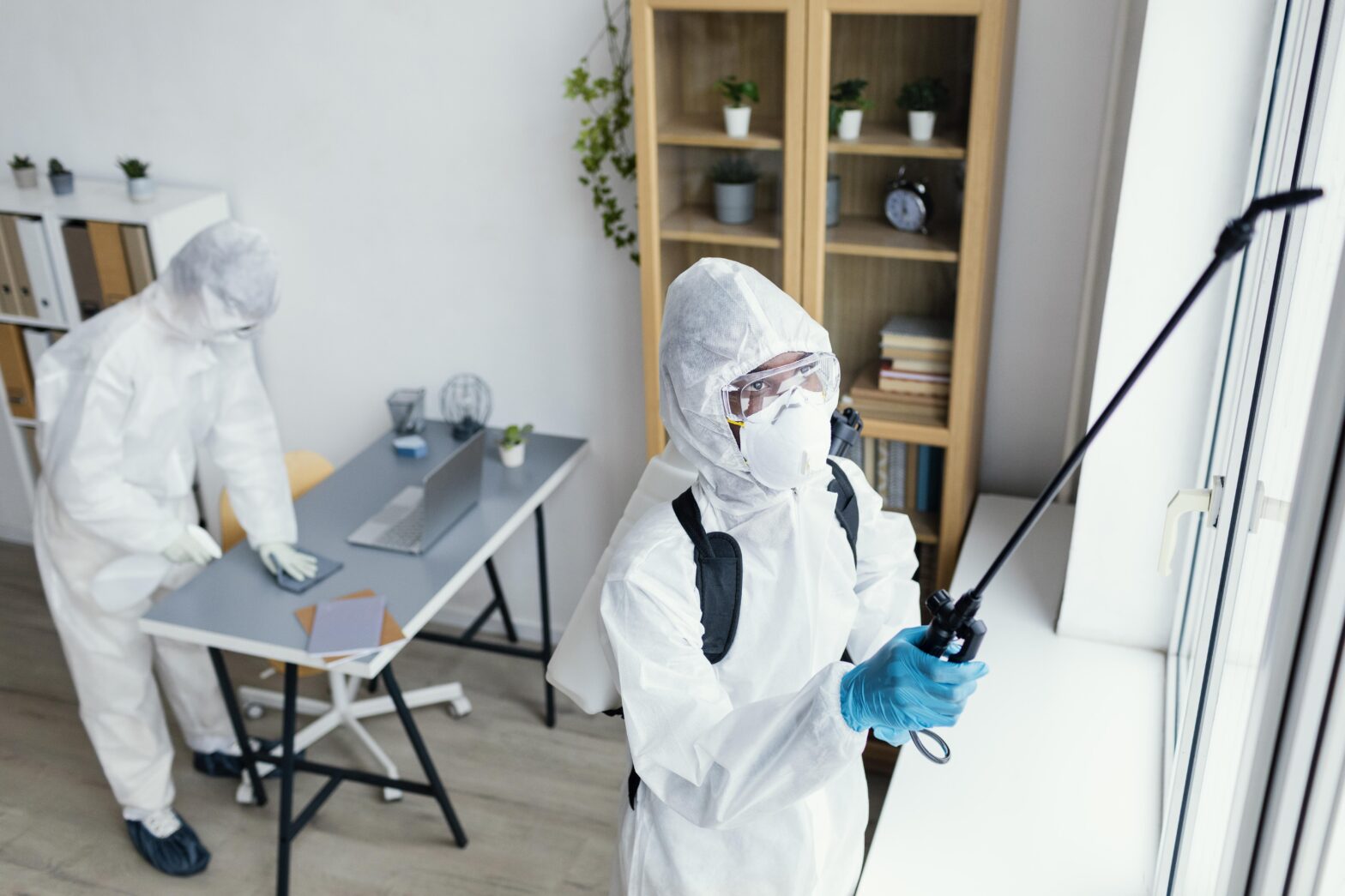How to Choose the Best Pest Control Service in Lynnwood, Washington
When unwelcome critters invade your home or business, finding the right pest control solution becomes more than just a necessity—it’s a critical decision that impacts your comfort, health, and peace of mind. In Lynnwood, Washington, where diverse environmental conditions can attract a wide range of pests, selecting the most effective Lynnwood pest control service is paramount. Homeowners and business owners alike understand that not all pest control services are created equal, and the stakes are high when it comes to protecting your property from potential infestations.
Expert pest control services in Lynnwood go beyond simply eliminating visible pests. They provide comprehensive strategies that address the root causes of pest problems, ensuring long-term protection and prevention. This guide will walk you through the essential considerations for choosing a professional pest control service in Lynnwood that meets your specific needs and provides lasting solutions.
Understanding Pest Control Challenges in Lynnwood
The Pacific Northwest’s unique climate creates a perfect breeding ground for various pests. From persistent rodents to destructive carpenter ants and moisture-loving insects, Lynnwood residents face multiple challenges that require specialized pest management approaches. The region’s moderate temperatures and frequent rainfall contribute to an environment where pests can thrive year-round.
Different types of properties face distinct pest challenges. Residential homes might struggle with different infestations compared to commercial spaces, agricultural properties, or industrial facilities. A comprehensive pest control service in Lynnwood must demonstrate adaptability and expertise across various scenarios.
Key Factors to Consider When Selecting a Pest Control Service
Licensing and Certification
Professional credentials serve as the first line of verification for any reputable pest control service. In Washington State, pest control professionals must obtain specific licenses from the Department of Agriculture. Homeowners should request and verify these credentials before engaging any service.
Look for technicians who:
- Hold current state-issued pest control licenses
- Participate in ongoing professional development
- Maintain certifications from recognized industry organizations
Comprehensive Inspection Processes
Top-tier pest control services distinguish themselves through meticulous inspection methodologies. A thorough initial assessment should include:
- Detailed property evaluation
- Identification of potential entry points
- Assessment of specific pest risks
- Customized treatment recommendations
An expert pest control service will provide a comprehensive report detailing their findings and proposed strategies, demonstrating transparency and professionalism.
Treatment Methods and Safety Protocols
Modern pest control extends far beyond traditional chemical treatments. Advanced services incorporate integrated pest management (IPM) approaches that prioritize:
- Environmentally responsible solutions
- Minimal chemical interventions
- Long-term prevention strategies
- Safe treatments for humans and pets
Professionals should be able to explain their methodologies, discussing the rationale behind each recommended treatment and potential alternatives.
Technological Capabilities
Leading pest control services leverage advanced technologies to enhance their effectiveness. This might include:
- Thermal imaging for detecting moisture and pest habitats
- Digital tracking of treatment progress
- Sophisticated monitoring systems
- Data-driven prevention strategies
Reputation and Customer Experiences
Word-of-mouth recommendations and online reviews provide invaluable insights into a pest control service’s reliability. Consider:
- Local community recommendations
- Online review platforms
- Better Business Bureau ratings
- Duration of business operation
Cost and Service Packages
While price shouldn’t be the sole determining factor, understanding service structures is crucial. Transparent pricing models should include:
- Initial inspection costs
- Treatment pricing
- Ongoing maintenance plans
- Warranty or guarantee provisions
Red Flags to Watch For
Certain warning signs indicate potential issues with a pest control provider:
- Reluctance to provide detailed documentation
- Vague treatment descriptions
- Significantly lower prices compared to market rates
- Lack of clear communication
The Importance of Ongoing Maintenance
Effective pest control transcends singular treatments. Sustainable management requires:
- Regular inspections
- Preventative measures
- Adaptive strategies based on seasonal changes
- Continuous monitoring
Sustainable and Eco-Friendly Options
As environmental consciousness grows, many Lynnwood residents seek pest control services that minimize ecological impact. Look for providers demonstrating:
- Commitment to green pest management
- Use of biodegradable treatments
- Minimal environmental disruption
- Holistic ecosystem considerations
Final Selection Recommendations
Choosing a pest control service requires careful consideration. Trust your instincts, ask detailed questions, and prioritize comprehensive, transparent providers who view pest management as a collaborative process.
Frequently Asked Questions
How often should professional pest inspections occur?
Typically, residential properties benefit from bi-annual inspections, while commercial spaces might require quarterly assessments depending on their specific environment and historical pest challenges.
Are chemical treatments always necessary?
No. Modern integrated pest management often incorporates multiple strategies, including biological controls, habitat modification, and targeted minimal-chemical interventions.
How long does a typical pest control treatment take?
Treatment duration varies based on infestation complexity, property size, and specific pest types. Initial treatments might range from 1-3 hours, with follow-up visits scheduled accordingly.
What preparation is required before a pest control service visit?
Requirements vary, but generally include clearing certain areas, removing food sources, and ensuring technician access to critical spaces. Your chosen service will provide specific pre-treatment guidelines.
How can I prevent future pest infestations?
Prevention involves maintaining clean environments, sealing potential entry points, managing moisture levels, and implementing regular professional inspections.
By approaching pest control as a strategic, comprehensive process, Lynnwood residents can protect their properties effectively and sustainably. The right service becomes a valuable partner in maintaining a safe, healthy living environment.
